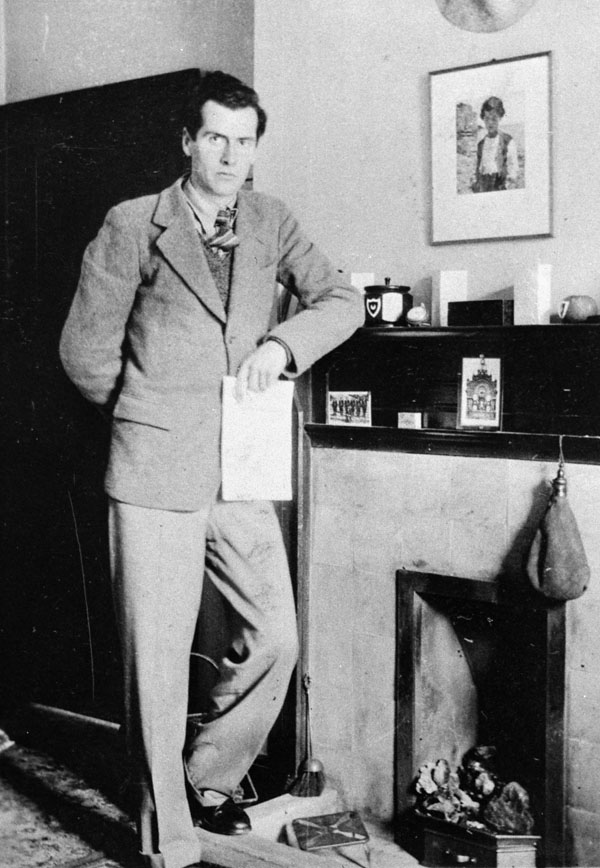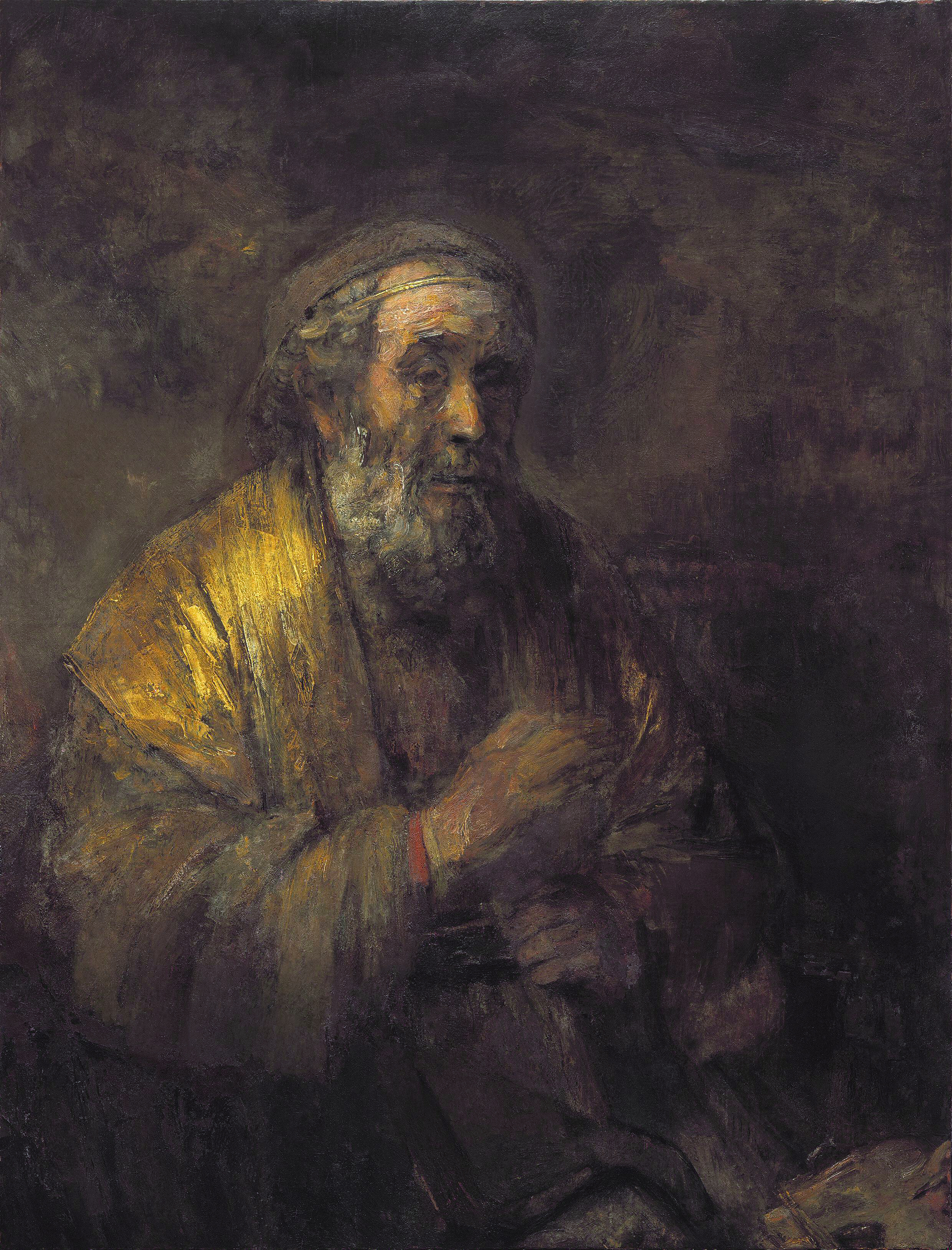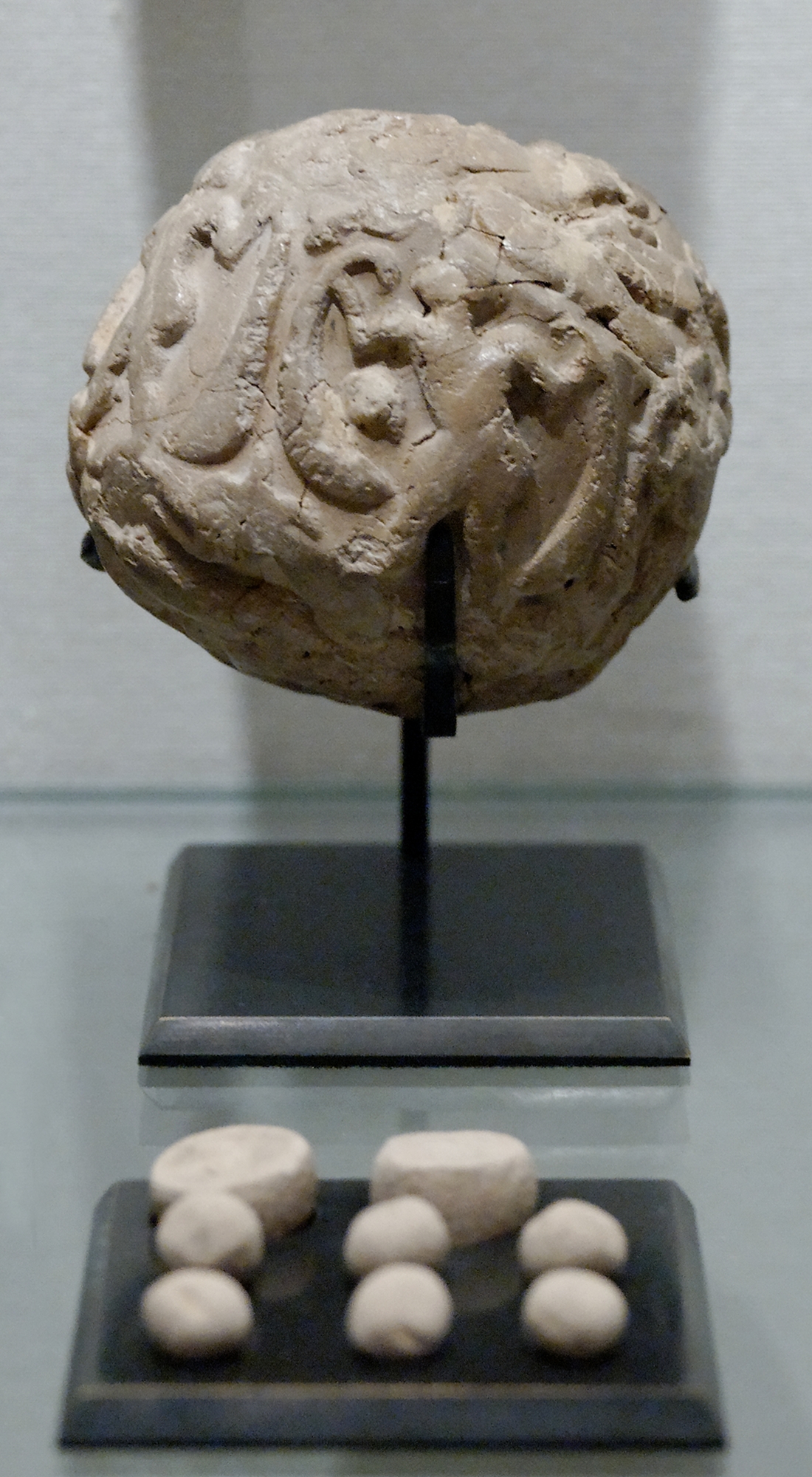|
Orality
Orality is thought and verbal expression in societies where the technologies of literacy (especially writing and print) are unfamiliar to most of the population. The study of orality is closely allied to the study of oral tradition. The term "orality" has been used in a variety of ways, often to describe, in a generalised fashion, the structures of consciousness found in cultures that do not employ, or employ minimally, the technologies of writing. Walter J. Ong's work was foundational for the study of orality, and exemplifies the fact that despite the striking success and subsequent power of written language, the vast majority of languages are never written, and the basic orality of language is permanent. In his later publications Ong distinguishes between two forms of orality: 'primary orality' and 'secondary orality'. Primary orality refers to thought and expression un-touched by the culture of writing of print; '' secondary orality'' is explained by Ong as oral culture defi ... [...More Info...] [...Related Items...] OR: [Wikipedia] [Google] [Baidu] |
Secondary Orality
Secondary orality is orality that is dependent on literate culture and the existence of writing, such as a television anchor reading the news or radio. While it exists in sound, it does not have the features of primary orality because it presumes and rests upon literate thought and expression, and may even be people reading written material. Thus, secondary orality is usually not as repetitive, redundant, agonistic, etc. the way primary orality is, and cultures that have a lot of secondary orality are not necessarily similar to primarily oral cultures. Secondary orality should not be confused with "oral residue" in which a culture has not fully transitioned to literate / written culture and retains many of the characteristics of primary oral cultures. Secondary orality is a phenomenon of post-literacy, whereas oral residue is a stage in the transition from pre-literate to literate. Terminology Walter J. Ong first described the concept of secondary orality in his publication ''Rhe ... [...More Info...] [...Related Items...] OR: [Wikipedia] [Google] [Baidu] |
Oral Tradition
Oral tradition, or oral lore, is a form of human communication in which knowledge, art, ideas and culture are received, preserved, and transmitted orally from one generation to another.Jan Vansina, Vansina, Jan: ''Oral Tradition as History'' (1985), reported statements from present generation which "specifies that the message must be oral statements spoken, sung or called out on musical instruments only"; "There must be transmission by word of mouth over at least a generation". He points out, "Our definition is a working definition for the use of historians. Sociologists, linguists or scholars of the verbal arts propose their own, which in, e.g., sociology, stresses common knowledge. In linguistics, features that distinguish the language from common dialogue (linguists), and in the verbal arts features of form and content that define art (folklorists)."Ki-Zerbo, Joseph: "Methodology and African Pre-history", 1990, ''UNESCO International Scientific Committee for the Drafting of a G ... [...More Info...] [...Related Items...] OR: [Wikipedia] [Google] [Baidu] |
Marshall McLuhan
Herbert Marshall McLuhan (, ; July 21, 1911 – December 31, 1980) was a Canadian philosopher whose work is among the cornerstones of the study of media studies, media theory. Raised in Winnipeg, McLuhan studied at the University of Manitoba and the University of Cambridge. He began his teaching career as a professor of English at several universities in the United States and Canada before moving to the University of Toronto in 1946, where he remained for the rest of his life. He is known as the "father of media studies". McLuhan coined the expression "the medium is the message" (in the first chapter of his ''Understanding Media: The Extensions of Man''), as well as the term ''global village.'' He predicted the World Wide Web almost 30 years before it was invented. He was a fixture in media discourse in the late 1960s, though his influence began to wane in the early 1970s. In the years following his death, he continued to be a controversial figure in academic circles. However, ... [...More Info...] [...Related Items...] OR: [Wikipedia] [Google] [Baidu] |
Literacy
Literacy is the ability to read and write, while illiteracy refers to an inability to read and write. Some researchers suggest that the study of "literacy" as a concept can be divided into two periods: the period before 1950, when literacy was understood solely as alphabetical literacy (word and letter recognition); and the period after 1950, when literacy slowly began to be considered as a wider concept and process, including the social and cultural aspects of reading, writing, and functional literacy. Definition The range of definitions of literacy used by Non-governmental organization, NGOs, think tanks, and advocacy groups since the 1990s suggests that this shift in understanding from "discrete skill" to "social practice" is both ongoing and uneven. Some definitions remain fairly closely aligned with the traditional "ability to read and write" connotation, whereas others take a broader view: * The 2003 National Assessment of Adult Literacy (USA) included "quantitativ ... [...More Info...] [...Related Items...] OR: [Wikipedia] [Google] [Baidu] |
Socrates Louvre
Socrates (; ; – 399 BC) was a Greek philosopher from Athens who is credited as the founder of Western philosophy and as among the first moral philosophers of the ethical tradition of thought. An enigmatic figure, Socrates authored no texts and is known mainly through the posthumous accounts of classical writers, particularly his students Plato and Xenophon. These accounts are written as dialogues, in which Socrates and his interlocutors examine a subject in the style of question and answer; they gave rise to the Socratic dialogue literary genre. Contradictory accounts of Socrates make a reconstruction of his philosophy nearly impossible, a situation known as the Socratic problem. Socrates was a polarizing figure in Athenian society. In 399 BC, he was accused of impiety and corrupting the youth. After a trial that lasted a day, he was sentenced to death. He spent his last day in prison, refusing offers to help him escape. Plato's dialogues are among the ... [...More Info...] [...Related Items...] OR: [Wikipedia] [Google] [Baidu] |
Homeric Question
The Homeric Question concerns the doubts and consequent debate over the identity of Homer, the authorship of the ''Iliad'' and ''Odyssey'', and their historicity (especially concerning the ''Iliad''). The subject has its roots in classical antiquity and the scholarship of the Hellenistic period, but has flourished among Homeric scholars of the 19th, 20th, and 21st centuries. The main subtopics of the Homeric Question are: * "Who is Homer?" * "Are the ''Iliad'' and the ''Odyssey'' of multiple or single authorship?" * "By whom, when, where, and under what circumstances were the poems composed?" To these questions the possibilities of modern textual criticism and archaeological answers have added a few more: * "How reliable is the tradition embodied in the Homeric poems?" * "How old are the oldest elements in Homeric poetry which can be dated with certainty?" Oral tradition The very forefathers of text criticism, including Isaac Casaubon (1559–1614), Richard Bentley (16 ... [...More Info...] [...Related Items...] OR: [Wikipedia] [Google] [Baidu] |
Writing
Writing is the act of creating a persistent representation of language. A writing system includes a particular set of symbols called a ''script'', as well as the rules by which they encode a particular spoken language. Every written language arises from a corresponding spoken language; while the use of language is universal across human societies, most spoken languages are not written. Writing is a cognitive and social activity involving neuropsychological and physical processes. The outcome of this activity, also called ''writing'' (or a ''text'') is a series of physically inscribed, mechanically transferred, or digitally represented symbols. Reading is the corresponding process of interpreting a written text, with the interpreter referred to as a ''reader''. In general, writing systems do not constitute languages in and of themselves, but rather a means of encoding language such that it can be read by others across time and space. While not all languages use a writ ... [...More Info...] [...Related Items...] OR: [Wikipedia] [Google] [Baidu] |
Thought
In their most common sense, the terms thought and thinking refer to cognitive processes that can happen independently of sensory stimulation. Their most paradigmatic forms are judging, reasoning, concept formation, problem solving, and deliberation. But other mental processes, like considering an idea, memory, or imagination, are also often included. These processes can happen internally independent of the sensory organs, unlike perception. But when understood in the widest sense, any mental event may be understood as a form of thinking, including perception and unconscious mental processes. In a slightly different sense, the term ''thought'' refers not to the mental processes themselves but to mental states or systems of ideas brought about by these processes. Various theories of thinking have been proposed, some of which aim to capture the characteristic features of thought. '' Platonists'' hold that thinking consists in discerning and inspecting Platonic forms and ... [...More Info...] [...Related Items...] OR: [Wikipedia] [Google] [Baidu] |
Written And Printed Word
Writing is the act of creating a persistent representation of language. A writing system includes a particular set of symbols called a ''script'', as well as the rules by which they encode a particular spoken language. Every written language arises from a corresponding spoken language; while the use of language is universal across human societies, most spoken languages are not written. Writing is a cognitive and social activity involving neuropsychological Neuropsychology is a branch of psychology concerned with how a person's cognition and behavior are related to the brain and the rest of the nervous system. Professionals in this branch of psychology focus on how injuries or illnesses of the brai ... and Writing process, physical processes. The outcome of this activity, also called ''writing'' (or a ''Text (literary theory), text'') is a series of Handwriting, physically inscribed, Printing press, mechanically transferred, or Digital data, digitally represented symbols. R ... [...More Info...] [...Related Items...] OR: [Wikipedia] [Google] [Baidu] |
The Gutenberg Galaxy
''The Gutenberg Galaxy: The Making of Typographic Man'' is a 1962 book by Marshall McLuhan, in which he analyzes the effects of mass media, especially the printing press, on European culture and human consciousness. It popularized the term ''global village (term), global village'', which refers to the idea that mass communication allows a village-like mindset to apply to the entire world; and ''Gutenberg Galaxy'', which we may regard today to refer to the accumulated body of recorded works of human art and knowledge, especially books. McLuhan studies the emergence of what he calls the Gutenberg Man, the subject produced by the change of consciousness wrought by the advent of the printed book. Apropos of his axiom, "The medium is the message," McLuhan argues that technology, technologies are not simply inventions which people employ but are the means by which people are re-invented. The invention of movable type was the decisive moment in the change from a culture in which all the ... [...More Info...] [...Related Items...] OR: [Wikipedia] [Google] [Baidu] |
Albert B
Albert may refer to: Companies * Albert Computers, Inc., a computer manufacturer in the 1980s * Albert Czech Republic, a supermarket chain in the Czech Republic * Albert Heijn, a supermarket chain in the Netherlands * Albert Market, a street market in The Gambia * Albert Music, an Australian music company now known as Alberts ** Albert Productions, a record label * Albert (organisation), an environmental organisation concerning film and television productions Entertainment * ''Albert'' (1985 film), a Czechoslovak film directed by František Vláčil * ''Albert'' (2015 film), a film by Karsten Kiilerich * ''Albert'' (2016 film), an American TV movie * ''Albert'' (album), by Ed Hall, 1988 * "Albert" (short story), by Leo Tolstoy * Albert (comics), a character in Marvel Comics * Albert (''Discworld''), a character in Terry Pratchett's ''Discworld'' series * Albert, a character in Dario Argento's 1977 film '' Suspiria'' People * Albert (given name) * Albert (surname) * Pr ... [...More Info...] [...Related Items...] OR: [Wikipedia] [Google] [Baidu] |






